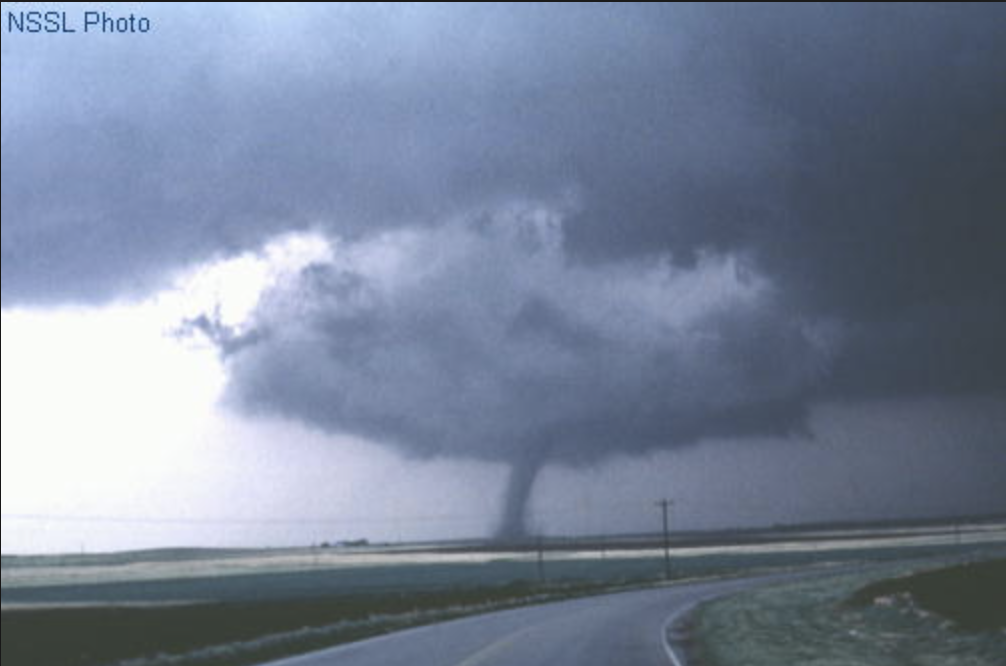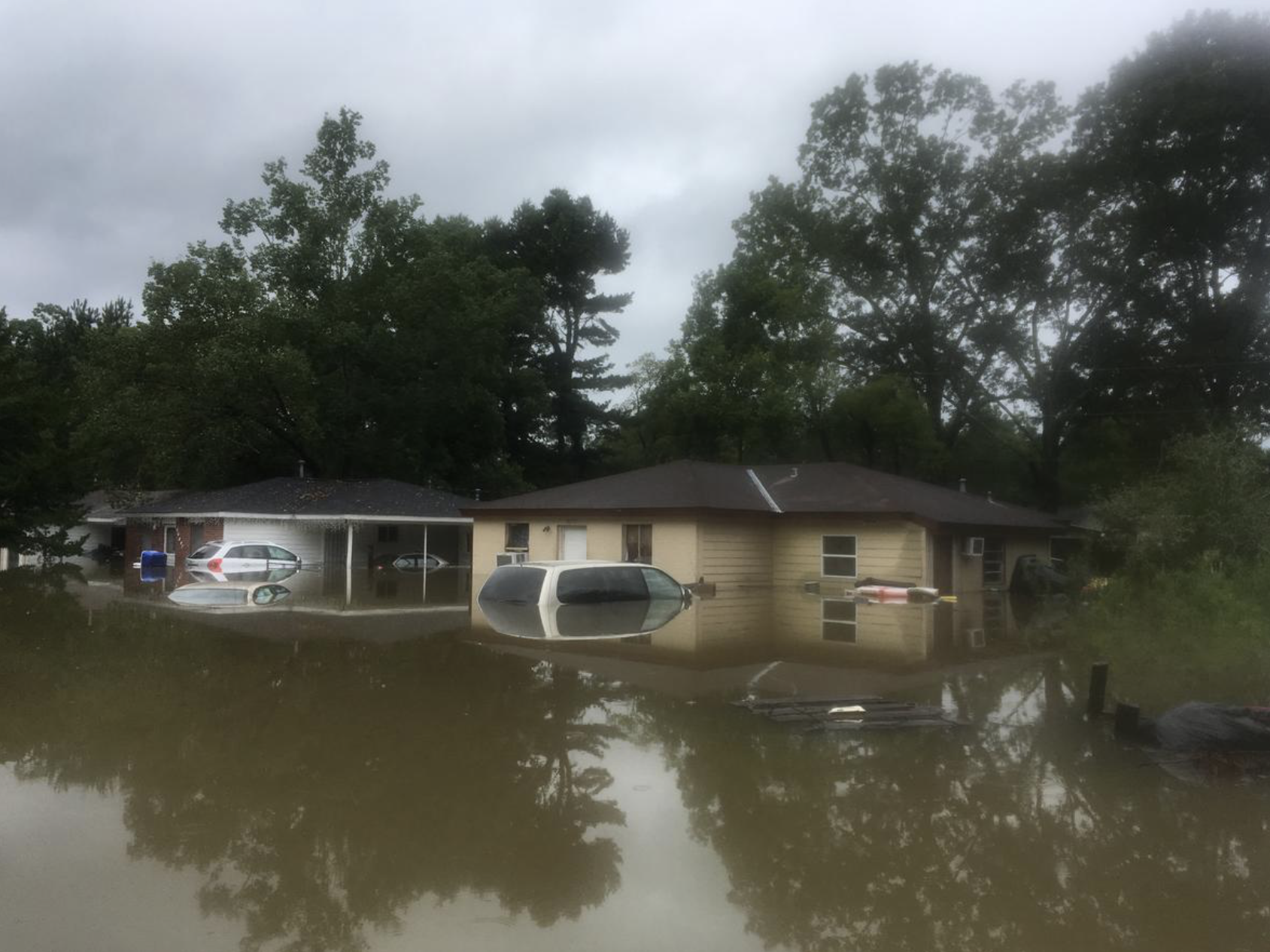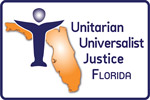Population in Zip Code 33916
Households in Zip Code 33916
Median Income in Dollars in Zip Code 33916
- Damage by Type. Roof Damage 26.7%
- Electrical Power Outage 23.3%
- Water Damage 20.0%
- Tarp 13%
- Source of Repair Funds FEMA 50.0%
- Homeowners Insurance 20.0%
- Rebuild Florida 10%
- Renters Insurance 10%
- Percent of Type of Damage Taking More Than 6 Months to Repair Tree Damage 100%
- Roof Damage 66.7%
- Tarp 66.7%
- Cooling System 50.0%
%
Percent Who Knew Where to Get Sandbags
%
Percent Who Knew How to get to an Emergency Shelter
%
Percent Who Knew Their Evacuation Zone
%
Percent Who Knew How to Comply with a Boil Water Order
Respondents ranked 26 different functions that are critical for a society to function. The rankings were from 1, which was “Most Vulnerable.” to 7, which was “Resilient and Sustainable.”
The 5 societal functions to the right had the lowest rankings, which appear in parentheses next to the function description.
- Top 5 Priority Gaps Identified Renewable vs Grid Energy (1.60)
- Climate Threat Mitigation & Transformation (1.70)
- Energy Lighting & Cooking (1.73)
- Agriculture Production Scale (1.83)
- Psychosocial Resilience (1.88)

Tornadoes
High probability
High Maximum Impact
High Probability of Death & Injury
High Hazard from Warning Time
High Composite Hazard Index

Thunderstorms (Wind/Lightning/Hail)
High probability
High Maximum Impact
High Probability of Death & Injury
High Composite Hazard Index

Flooding
High Probability
High Maximum Impact
High Hazard from Warning Time
High Composite Hazard Index
Number of Brownfield Sites in Zip Code 33916 (6/2019)
Number of Active Petroleum Clean-up Sites in Zip Codes 33916 & 33901(6/2019)
Number of Pending Petroleum Cleanup Sites in Zip Codes 33916 & 33901 (6/2019)
What Dunbar and Vicinity Residents Are Saying
“Cooked food available at STARS”
“Food didn’t spoil. Power only off for a day”
“Food spoiled in power outage, but there were places. Family and friends knew where.”
“Out of power, but people brought sandwiches”
“Found hot food and ice”
“Facebook was our only resource.”
“Family passed on information. There wasn’t any TV.”
“No other churches came to assist.”
“Grilled outside”
“Solar energy is in our community.”
“Had a generator. Gas fuel off for a day”
“Had a generator-gas”
“Education system that suspends/expels our children more than any other group. High school graduation rates are pathetic.”
“[We have} Family Health and Next Level] for [hygeune and prevention.”
“Police were out and patrolling at night. Felt safe after storm. Makes you wonder if you should be out at night. They had high power lights when they came and there was a curfew.”
“People came together.”
“[Social services are] available, but not utilized by enough people from the community to make an impact”
“The Q does different seminars. Some at STARS”
“[We have] solar energy trees at [the] park, solar panels at STARS Complex”
“[We have data management at the] library and Goodwill”
“STARS has 14 computers. The Q and AFCAN [have computers].”
“They [Emergency Management] patrol well”
“First responders are doing better. In Lehigh it’s too slow. Here the police service is fast.”
“The community and the government do not work together in harmony. We have a beautiful city and terrible living conditions. God help us all.”
“[We received] donations from the churches.”
“Tried 211. They called back, but couldn’t do more about the landlord not fixing [damage].”
“No electricity means only the lucky few who can afford generators etc. “
“Power was out about a week.”
“Two weeks no electricity. FPL was in the area, but not working on ours.”
“Lots of people being ripped off due to price gouging”
“Did not go to SBA because property had to be collateral”
“Was rejected [by SBA]”
“Zero access to clean and sustainable drinking water. People were literally fighting over bottled water and ice. “
“Some people lost their food from power outage fridge and freezer.”
“Not enough places to grow things. People don’t have gardening skills.”
“More resources should be allocated to locally grown produce, dairy, water, etc. Efforts are there, just grossly under funded”
“Health services in our community are under staffed and lack sufficient funding. Health care specifically mental health and diet and nutrition are major issues. All studies suggest that we are suffering from lack of sufficient funding. We are experiencing a national health crisis.”
“Clinics aren’t free.”
“Could’nt get FEMA because the landlord would not give a lease. Was rejected”
“Lack of community awareness, lack of sufficient funding to tackle these important [supply chain] issues”
“None existing…you have to walk 4 miles to the nearest [psychosocial/mental health] facility”
“[Home insurance] didn’t cover the entire cost.”
“Was rejected [from flood insurance]”
“They need more resources in the schools for everyone for life skills and home health aid classes. They charge for a lot of classes that should be free since you could save a life.”
“No bike lanes, terrible crosswalks and infrastructure makes it impossible to survive without personal transportation.”
“Teens don’t have a recreational place to go. You have to pay for recreational memberhip.”
“We need a lot of help. Nothing in health or wellness, no community fitness center, no private schools, hospitals, banks, private universities, law firms, etc.”
“[Value chains] are God awful. I wish I could give this one a zero.”
“No bank in Dunbar; There are businesses on Wirt Dr. and near Dunbar HS.”
“[Roof repair took] 10 months due to money.”
“Asked the landlord for a lease for 3 years, but they wouldn’t give it to us.”
“They came back and said FEMA could help [our church]. A church sued them and won. Now churches can apply, but they have to collateralize their property.”
“They turned me away from the Emergency Shelter because it was packed. Went to 4 of them. 2 were schools. Then had to come stay in the flooded house. Had a non-verbal autistic kid sleeping on a wet bed.”“We had to drive out of state in order to [find] housing.”
” The pet friendly shelter had no one cleaning up after the pets. There were no provisions. Food arrived after 2 days. Bathrooms never cleaned. No security. No paper towels or toilet paper. Couldn’t bring my nephew because he didn’t have a picture ID. Dunbar MS the line was wrapped around the school.”
“Sometimes [the drinking water] is tan.”
“I didn’t have the information. I don’t watch the news.”
“We are not prepared.”
“We didn’t have a shelter.”
“A lot of roofs haven’t been done in years; and there is flooding.”
“A lot of flooding”
“Code enforcement has to get involved. Had to get new beds. Got help from charity place for the beds, but it kept leaking in the rooms. Couldn’t hang pictures because water coming through walls.”
“No ventilation”
“There was no shelter in the city.”
“Limited new homes. Some flooding”
“Many homes flooded, but the structures sustained”
“Human waste is dumped into Billy’s Creek in our community. Toxic waste has been dumped in our community for generations.”
“Two to three weeks to get power back up”
“People were not well informed.”
“Shelters here are for the homeless and are already full. They should have more. Should be in every section of the city so everyone would have a safe place. Otherwise it is over capacity.”
“Zero. Not one shelter during the storm. The closest shelter was in Estero-Alico Arena.”
“Don’t know about where to go if there is a bio-hazard.”
“No community radio station. No system of accountability with no plan to communicate effectively in time of crisis”
“No land line”
“Sewage was backing up before the hurricane and stayed the same during the hurricane.”
“Human waste in the watershed”
“Debris took forever to be cleared after Irma”…”They did what they could.”
“[Community Security] is terrible; just awful”
“Shelter is outside of the community”
“Island Coast High [shelter was a] terrible experience. Overcrowded”
“Didn’t say to evacuate until the last minute. Door doesn’t seal.”
“We had one person [from our church] who went to the shelter. She was situated by a [person] who was racist and derrogatory to the Black people in the shelter.”
“Scared to drive car with high mileage”
“Bed bugs and roaches have become unbearable since the storm Irma with the mildew.”
“We have a community center, the STARS Complex, but it wasn’t open after the storm.”
“Power outage for about 12 days”
“We had power and still was uninformed or unaware of a lot of things.”
“A branch hit the roof causing damage. I didn’t realize the damage for several months until heavy rains came. [There was] a leak in the hallway [with] lots of water; so much that it appeared as if the ceiling was going to fall in.”
“Had a tarp for almost a year.” “Air conditioning fixed [more than 6 months] later after the roofing.”
“After the storm the tiles in the bathroom were falling off. The sink is coming off the wall. There was paint coming off into the tub. Scrubbing the tub made the paint come off into the water. Called the office and they said there’s nothing illegal about painting the tub.”
“In the kitchen and the living room the walls were swelling and we had some mold.”
“Leaky roof as a result of Hurricane Irma.”
“Apartment complex with tarp”
“On septic, but no back-ups”
“Water sat on roof and they just covered it with a tarp. It caused mold and there wasn’t insulation so the water just came right through.”
“The whole roof came off and the back end of it was severely damaged.”
“2 to 3 weeks before the power came back on and then the wiring was water damaged.”
“It got fixed, but moved out because of it.”
“Water damaged the electrical system that had to be replaced. There was mold as the number 1 priority. Some people got coughing when cleaning. We lost most everything in the church after the storm. Everything had to be thrown away.”
Frequently Asked Questions
What were the top vulnerabilities identified in the Mission Critical Functions Surveys?
- Renewable versus Grid Energy
- Climate Threat Mitigation & Transformation
- Energy for Lighting & Cooking
- Agriculture Production Scale
- Psychosocial Resilience
What were the top concerns discussed at the Community Forum?
1. Communication/Information Access/Education
Conflicting information was sent out. It was difficult to find accurate information quickly.
2. Governance (Especially with regards to communication)
City council representatives and other elected officials are not communicating well with the community, and need to turn the STARS Complex into a shelter.
What are the community's proposed solutions for priority concerns and the resources needed to address them?
1. Ideally there will be a centralized communications structure. Resources needed would include: Radios and financial support for people to work in the community.
2. Elected officials need to find ways to engage the people in their community, even when it’s not election cycle. Things like town hall meetings, informational meetings, and civic engagement. Resources needed include $17 million for turning the STARS Complex into a shelter and funds for Apostolic Church of God to serve as a Resilience Hub.
3. Money for paid positions for community leaders to work to get people to civic events and to express their opinions through civic engagement.
Florida Disaster Resilience Initiative Report: Dunbar and Vicinity
Contact Janice T. Booher, MS at JJLBooher@comcast.net or Joanne Perodin, MPH at Joanne.Perodin@gmail.com with questions.
This website is maintained by Unitarian Universalist Justice Florida’s Climate Resilience Ministry. It was established by the Green Sanctuary Committee of the Unitarian Universalist Fellowship of Boca Raton under EPA Grant #EQ-00D35415-0. Surveys discussed on this page were conducted under the auspices of Health Initiatives Foundation, Inc.’s Florida Disaster Resilience Initiative with funding from The Miami Foundation.
Website designed and maintained by Janice T. Booher, M.S.




